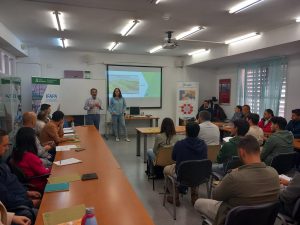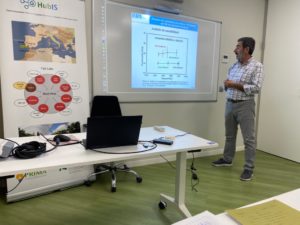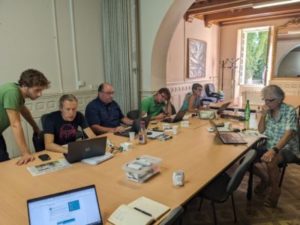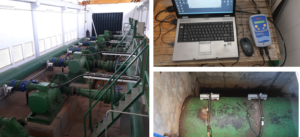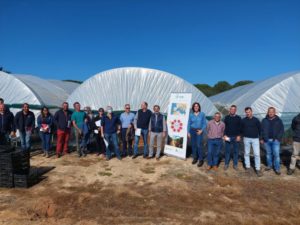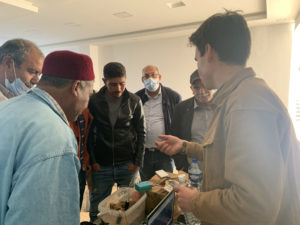The Fab-Lab (fabrication laboratory) concept was born at the Massachusetts Institute of Technology for digital fabrication of products generally perceived as limited to mass production. The idea implied small-scale workshops, fabrication of technology enabled products, tailored to local or personal needs. The Fab-Lab movement is closely aligned with the DIY (“Do it yourself” or “bricolage”) and the free and open-source movements, and shares philosophy and technology with them. Therefore, in HubIS we borrow the Fab-Lab concept in most of its dimensions, except that we do not limit it to computer-controlled tools and our Fab-Labs are specialized in specific functions. HubIS will then adopt its principles of
- sharing an open innovation environment for
- small-scale fabrication of technology-enabled products
- tailored to local needs.
With the Fab-Labs, the project will ensure strong links between Participatory Action Research and State-Of-The-Art Science & Technology (PAR+SOTA S&T). This novel approach will overcome weaknesses of both conventional and participatory agricultural research stressed by contemporary international fora.
The Fab-Labs will tackle key innovation targets specific to each Site-iHub. Fab-Labs will merge advanced research and local skills in new workshops equipped with common tools; Fab-Labs will foster an environment for co-designing, testing and implementing new practices targeting local needs (the PAR+SOTA S&T approach). Therefore, the Fab-Labs will be mastered by researchers, local engineers, and “bricoleur” (“jack-of-all-trades”) farmers motivated by co-innovation.

The project Fab-Labs will cover a range of challenges relevant in the respective study sites, from on-field irrigation management under complex soil conditions to the operation of open channel and pipe networks to conserve water and energy, passing by water accounting and return flow monitoring for environmental protection. Specifically, the 8 Irrigation Fab-Labs will be conceived for the development of innovations regarding:
- low cost sensors and monitoring equipment for on-farm irrigation scheduling (Beirrig-Lab, SurfIrri-Lab);
- Earth Observation (EO) tools for site-specific precision fertigation (EO-Lab);
- environmental monitoring for improved management of collective water (Catch-Lab, CoastAqIS-Lab);
- new locally-adapted irrigation equipment (Pivot-Lab);
- delivery flexibility and energy saving in collective pressurized pipe systems (I&E-Lab, SmartIrri-Lab).
Therefore, the Fab-Labs will tackle the hottest issues in irrigation management: energy and water conservation, technology adoption, environmental protection, and management of collective assets.
- Seminar on berry fertigation
- Seminar berry crops in Huelva
- Design workshop at the French FabLab
- WP3 – Irrigation & Energy monitoring Lab in Portugal
- News from Beirrig Lab – Huelva – Spain
- A participatory workshop with Farmers and Water Users’ Association of the Public Irrigated Area of Echraf, Haouaria, Tunisia: “Introducing new technologies to farmers for a better management of agricultural water use”

